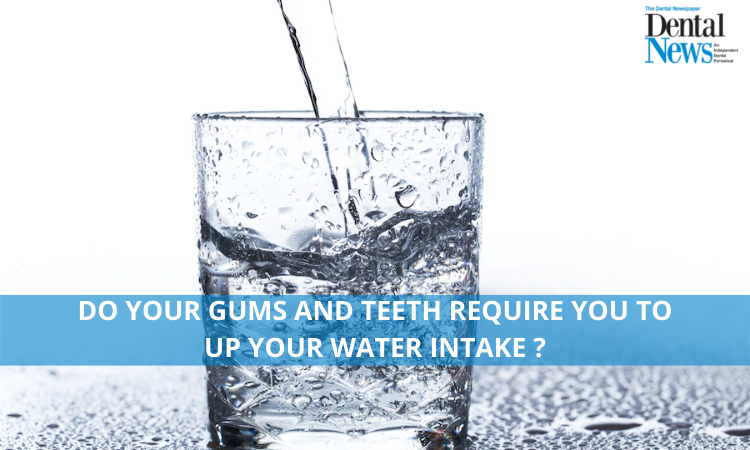
Water nurtures flowers, ocean life, and even your body's cells. But did you realize how water is important for oral health?
You may already take precautions to maintain your dental health, such as brushing your teeth twice a day, flossing daily, and visiting the dentist on a regular basis. However, you may not realize that drinking water has a number of practical benefits for your oral health.
Water is unlike any other beverage, yet it is by far the healthiest. Our bodies are 60% water; therefore, staying hydrated assists in distributing healthy nutrients, eliminating waste, and maintaining a healthy glow on the skin and the movement of our muscles.
Water is beneficial to your teeth and gums
Here are seven reasons why drinking fluoridated water is beneficial to your teeth and gums.
1. It makes your teeth stronger
Fluoride has been a safe and effective technique to treat tooth decay in children and adults since the 1960s. It can help prevent dental decay when used in combination with excellent oral hygiene and a healthy diet.
The World Health Organization, the Australian Medical Association, the American Academy of Paediatrics, and the Australian Dental Association have all recommended water fluoridation. Drinking fluoridated water is one of the easiest and most effective strategies to help prevent cavities.
2. It cleans your mouth.
Drinking water prevents cavities and gum disease by washing away dangerous germs and food debris. Water is healthy for your teeth since it keeps your mouth clean. Plaque cannot form in a mouth that is kept clean and moisturized.
Acids present in plaque, food, and beverages destroy tooth enamel, but drinking water dilutes acids, allowing your teeth to last longer. A simple glass of water can remove stain-causing residue, eliminate bacteria that cause bad breath, and protect your teeth' enamel. Drinking more water will make you smile brighter.
3. Water keeps your mouth moist
Did you know that saliva is almost entirely made up of water? Dry mouth is a condition caused by a lack of saliva that makes swallowing and chewing difficult. Saliva is your mouth's first line of defence against tooth decay. It removes food residue, makes swallowing easier, and strengthens your teeth by bathing them with calcium, phosphate, and fluoride.
A dry mouth can lead to tooth decay if your saliva supply becomes depleted. Drinking plenty of water can help avoid dry mouth and guarantee that your saliva production is at its peak.
4. It contains no sugars or calories
Sweetened drinks with lots of sugar and calories combine to produce a potent mix that puts you at risk for cavities and other health problems like weight gain. In fact, research has shown that drinking water can help you lose weight. If you need a drink later, drink water guilt-free to keep your body and smile healthy.
5. Water lowers the pH of your mouth
Most of us probably don't give much notice to the pH level of our mouths. The pH level in your mouth should be 7.0, but acidic foods and beverages can change that. This can cause tooth decay and the growth of harmful microorganisms. Fluoride, on the other hand, protects tooth enamel from decay-causing acids. The World Health Organization recommends fluorides to avoid decreased pH levels in the mouth.
6. It aids in the freshening of your breath
Bad breath is primarily caused by food residue and bacteria in your mouth. While brushing your teeth after meals can help prevent halitosis, we understand that this isn't always practicable, such as when dining out. Fortunately, drinking water aids in the removal of these odour-causing particles, ensuring that your breath remains fresh.
7. It assists in tooth enamel restoration
Another reason that drinking water is beneficial to your teeth is remineralization. The mineral composition of your tooth enamel is higher than that of your bones. Enamel regeneration and strengthening are aided by water containing trace minerals and fluoride.

Dr Amna Bilal
The author is a contributing writer at Dental News Pakistan and can be reached at amna0795@yahoo.com

